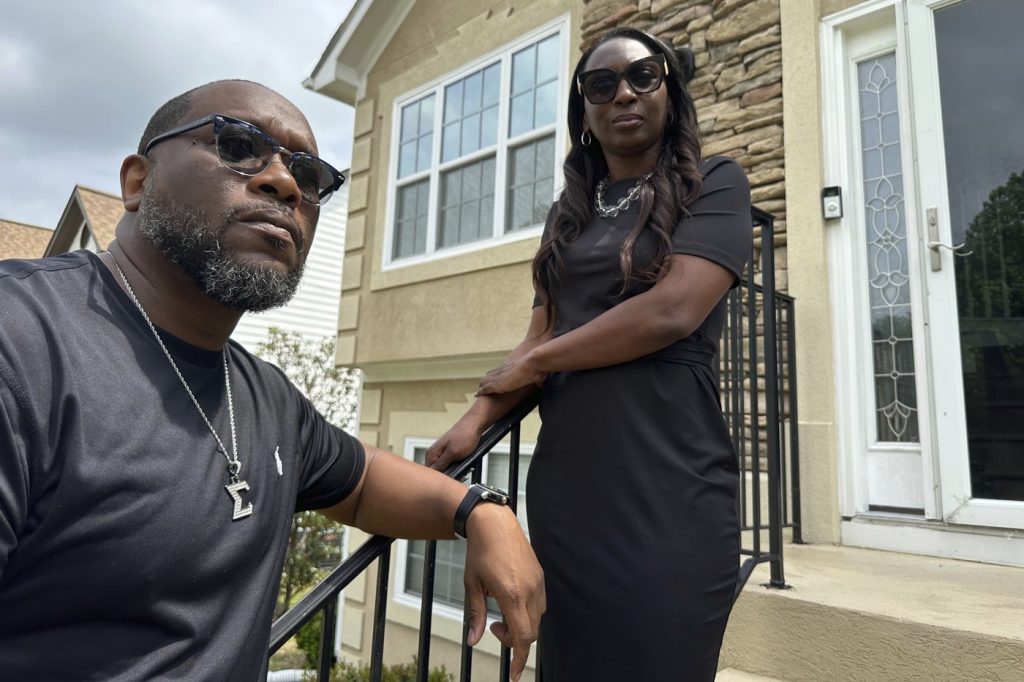WASHINGTON (AP) – A pivotal case regarding accountability for federal law enforcement is set to be heard by the U.S. Supreme Court on Tuesday. The case involves Trina Martin, an Atlanta woman whose home was mistakenly raided by FBI agents in 2017. Martin's attorneys are advocating for her lawsuit to be reinstated, following an incident where the FBI mistakenly broke down her door before dawn, pointing firearms at her then-boyfriend and instilling fear in her 7-year-old son.
The FBI team had intended to raid a different residence located down the street from Martin's home. After realizing the error, the agents issued an apology and left the premises. The team leader later attributed the mistake to his personal GPS device leading them to the wrong address.
The federal government contends that judges should not evaluate decisions made in high-pressure situations and argues that Martin's case should not proceed since the incident was an honest mistake. In 2022, the 11th U.S. Circuit Court of Appeals sided with the government, dismissing Martin's lawsuit.
This ruling has raised significant concerns among public interest groups across the political spectrum, who have urged the Supreme Court to overturn the decision. They argue that the appellate court's ruling starkly contrasts with precedents set by other courts nationwide and threatens to limit the legal avenues available for individuals seeking to hold federal law enforcement accountable for misconduct.
As opinions diverge on the implications of the case, advocates for accountability call attention to the need for safeguards against government overreach, especially concerning the actions of law enforcement during operations. The outcome of this case could have far-reaching effects on individuals' rights and the ability to seek redress in the event of wrongful actions by federal agencies.
As the Supreme Court deliberates on the case, its decision may influence how courts nationwide approach similar matters concerning law enforcement accountability and the interpretation of constitutional rights in instances of mistaken identity or erroneous operations.











